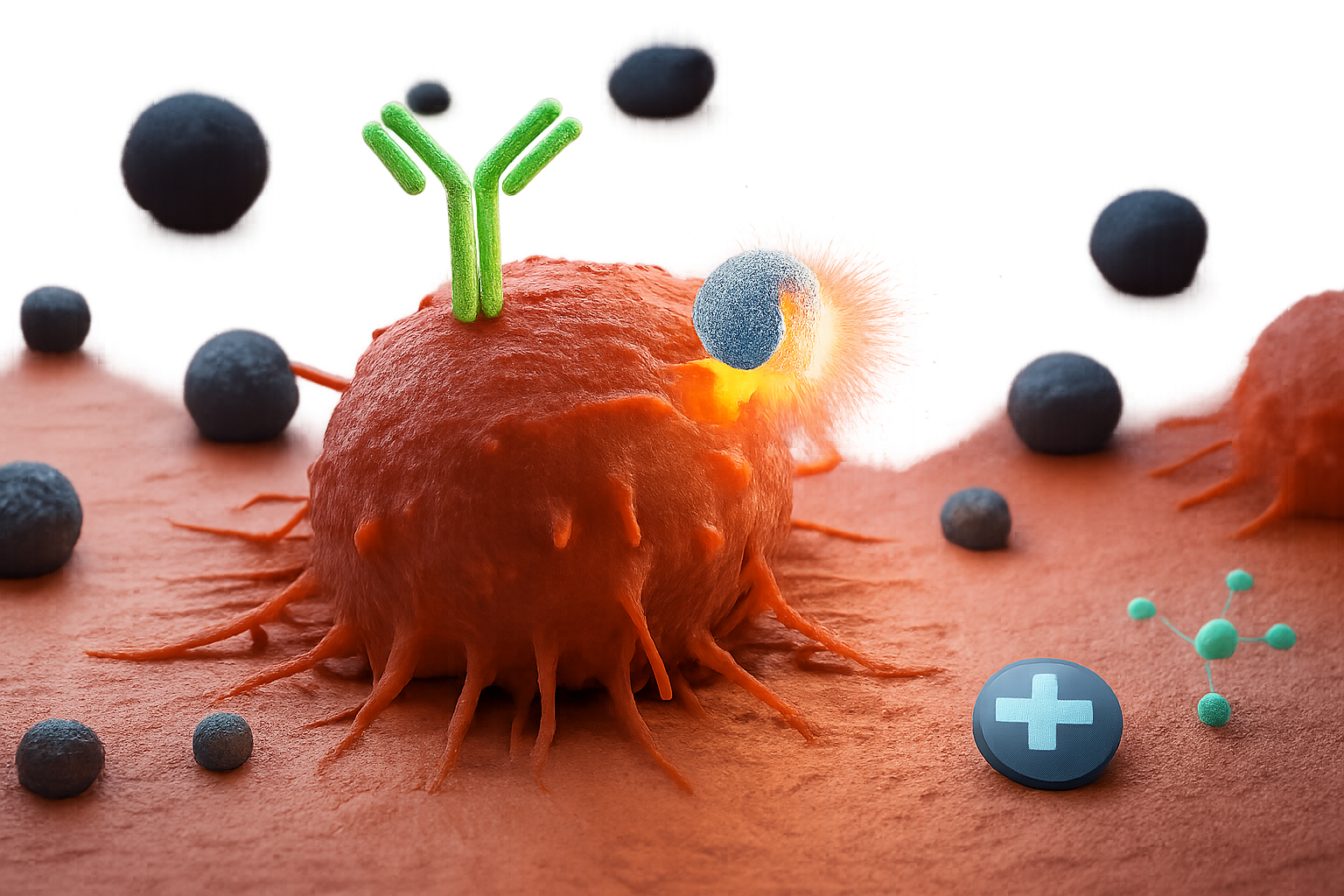Overview
Targeted cancer therapy uses drugs that specifically target cancer cells by attacking the molecules that drive their growth and survival. Unlike traditional chemotherapy, targeted therapy is designed to be more precise, causing less damage to healthy cells and often resulting in fewer side effects.
How Targeted Therapy Works
Molecular Targeting
Drugs specifically target proteins, genes, or tissue environments that are unique to cancer cells.
Precision Medicine
Treatment is tailored to the specific molecular profile of each patient's cancer.
Reduced Side Effects
By targeting only cancer cells, healthy cells are largely spared from damage.
Better Outcomes
Often more effective than traditional treatments, especially for specific cancer types.
Types of Targeted Therapy
Small Molecule Drugs
Small enough to enter cells and target specific proteins inside cancer cells.
Monoclonal Antibodies
Large proteins that bind to specific targets on the surface of cancer cells.
Angiogenesis Inhibitors
Drugs that prevent the formation of new blood vessels that feed tumors.
Signal Transduction Inhibitors
Block the signals that tell cancer cells to grow and divide.
Molecular Testing & Biomarkers
- Genetic testing to identify specific mutations
- Protein expression analysis
- Circulating tumor DNA testing
- Biomarker testing for treatment selection
- Comprehensive genomic profiling
- Liquid biopsies for monitoring
- PD-L1 expression testing
- Microsatellite instability (MSI) testing
What We Do
Comprehensive Testing
Advanced molecular testing to identify the best targeted therapy options for each patient.
Expert Consultation
Specialized oncologists with expertise in precision medicine and targeted therapies.
Treatment Monitoring
Regular monitoring of treatment response and adjustment of therapy as needed.
Multidisciplinary Care
Collaboration with pathologists, geneticists, and other specialists for optimal care.
Frequently Asked Questions
Targeted therapy specifically targets cancer cells based on their molecular characteristics, while chemotherapy affects all rapidly dividing cells. This often results in fewer side effects and better outcomes.
Eligibility depends on the specific molecular characteristics of your cancer. We perform comprehensive testing to determine if targeted therapy is appropriate for your case.
Side effects vary by drug but are generally milder than chemotherapy. Common effects include skin changes, diarrhea, and fatigue. We provide comprehensive support for managing side effects.
Response time varies, but many patients see improvement within weeks to months. We monitor your response regularly and adjust treatment as needed.
Ready to Explore Targeted Therapy Options?
Schedule a consultation to discuss whether targeted therapy is right for your cancer treatment plan.
